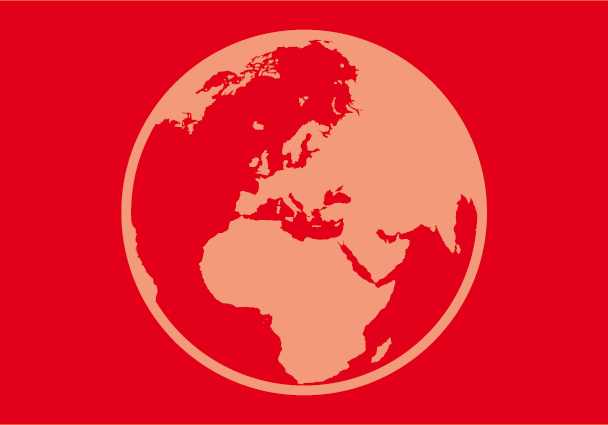European governments must take action against renditions and illegal detentions, the ICJ said today in a joint statement with three other human rights groups.
As the Parliamentary Assembly of the Council of Europe debates Senator Dick Marty’s finding of a CIA “spider’s web” of renditions and detentions, involving European states, the ICJ, with Amnesty International, the Association for the Prevention of Torture and Human Rights Watch set out a programme of 12 recommendations to European governments to end renditions and illegal detentions in Europe.
“The gross violations of human rights documented in Senator Marty’s report must not be allowed to happen again” said Nicholas Howen, Secretary-General of the ICJ. “States must now set up independent inquiries to investigate allegations of renditions and secret detentions, and revise national laws and practices to ensure that these abuses can never reoccur.”
The US-initiated programme of renditions and illegal detentions has meant that people have been detained and transferred abroad, without any legal process, to places where they have been subjected to serious violations of their human rights, including torture. European states that have participated or acquiesced in this system have breached their fundamental human rights obligations.
In the statement, the four organisations call on all European governments to cease all involvement in renditions or illegal detentions, and make unequivocal public representations to the Government of the United States to end these practices.
Independent public inquires should be established to investigate government involvement in renditions and secret detentions, the statement says. It calls for victims of rendition to receive effective remedies and compensation, and for states to ensure that all officials, both foreign and national, involved in illegal activity are brought to justice.
The statement calls on governments to review the law on military bases, and to change aviation policy to ensure that aircraft do not transport prisoners through the state without authorisation. States should not return people to countries where they face a risk of torture, and should not rely on diplomatic assurances that the person will not be ill-treated following return.
Europe-steps renditions detentions-press release-2006 (text in PDF)





